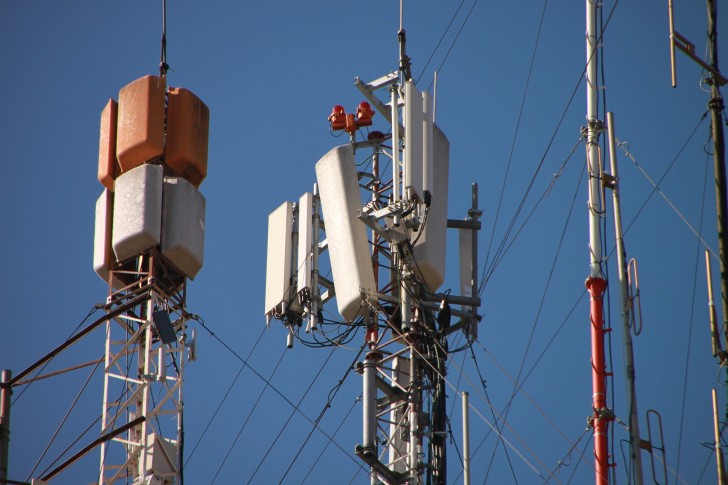Speed Outstripping Settlements
The telecom sector has seen data speeds rising with an exponential growth. Only a few years ago, 4G was the ultimate in data connectivity. With speeds rising, the methods of tracking data consumption especially across interconnected networks, needs a massive upgrade as they remain as they were years ago. The advent of 5G will put networks at a lot of stress, as they would struggle to keep up on the settlements.
Arun Ghosh, the Blockchain Leader at KPMG, understands the issue and said in a blog post,
While we will be able to consume more data more quickly and across more locations than ever before in this next wave of telecom advancement, it is becoming increasingly complex for telecom companies to track and settle interchange fees
According to the accounting firm, revenues from data roaming services is estimated to reach USD 31 billion by 2022. This revenue will increase over the years at an impressive 8 percent.
Fighting Inefficiencies with Blockchain
The partnership with Microsoft, R3 and TOMIA by KPMG is to design a blockchain pilot platform that will bring efficiencies in the current telecom sector for recording and settling roaming bills. The platform will reduce costs, proper recording and settlement to reduce disputes and bring down time of the settlements themselves that are caused by, “billions of mobile interactions flow[ing] through hundreds of connected networks managed by dozens of customers and suppliers.”
According to Gosh, with so many people and systems that are used to record call and data services used in cross services operations, any addressing of dispute or reconciliation can take months to complete. As such, the blockchain platform the accounting firm is interested to build is not only for future use, but will come in handy to today’s industry too,
The three pillars of settlements – the subscribers, their contracts, and amount of data generated – can all be integrated on a private, permissioned ledger to be seen and verified by the telecom operators
For this initiative, KPMG is handling the design and the execution of the project, while Microsoft is doing the main architectural development. R3, with its Corda blockchain, will be acting as the backbone to the whole system. TOMIA steps in as the expert in the telecom sector, as it offers service to roughly 40 telecom companies globally.
KPMG has taken several steps in the past to use blockchain in a number of industries, including advising telecom firms to use its efficiency in deployment of networks, security and privacy.
 Saad Ullah
Saad Ullah

 Saad Ullah
Saad Ullah


